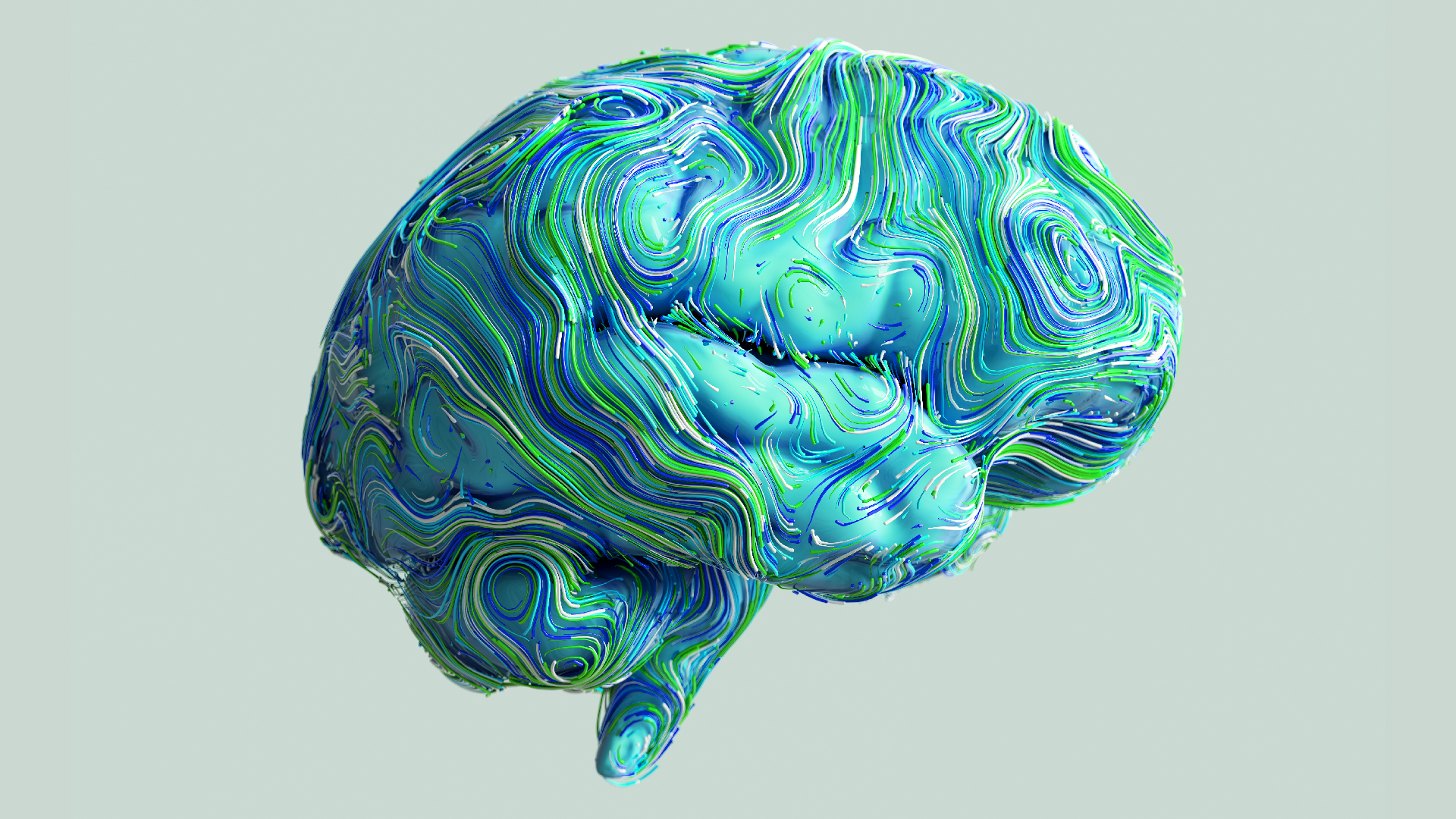What's Witchcraft? 6 Misconceptions About Wiccans
Myths about witchcraft
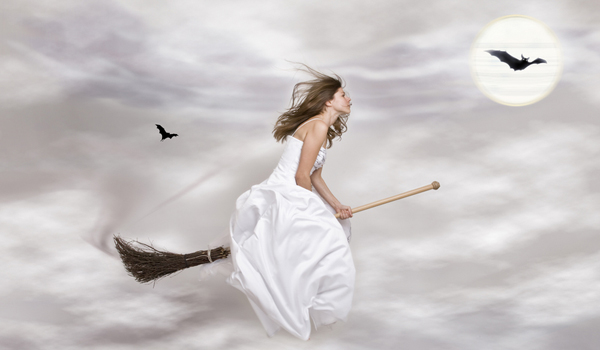
Wiccans are a misunderstood group, they say. Those who consider themselves witches often adhere to Wicca, which was recognized by a 1986 Court of Appeals as a legitimate religion. Even so, several commonly held beliefs about the Wiccan religion are outdated or plain false, say national Wiccan and pagan groups. Here are six misconceptions of witches and Wiccans.
Witches are evil
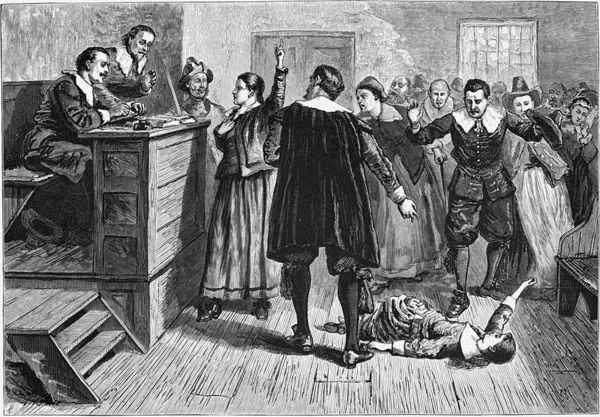
The negative connotations of witchcraft have led its followers to stop referring to themselves as witches and go by "Wiccans" instead, according to "Wicca A to Z" (Citadel Press, 1998).
Wicca opposes the use of negative, harmful magic and discourages people from hurting others physically or emotionally, according to "Wicca for Life" (Citadel Press, 2003).
Wiccans believe in the ethical guideline called the "Threefold Law," which states that whatever a person wishes upon someone else returns to them three times over, according to "Wiccan Spirituality" (Green Magic, 2002).
Wicca is an ancient religion
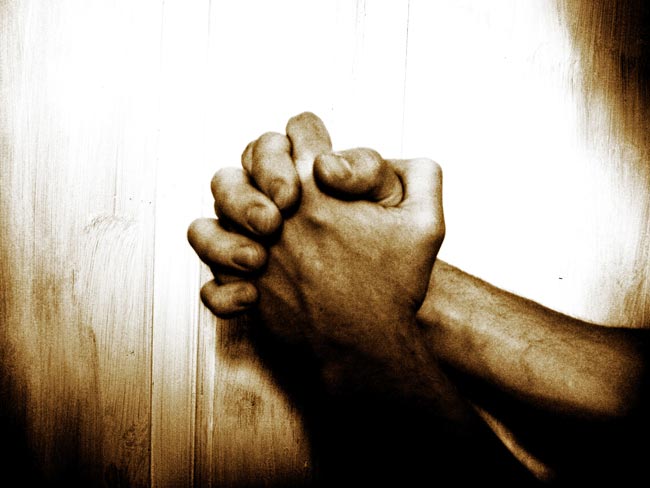
Although it's based on ancient beliefs, including aspects of paganism and nature-based spirituality, Wicca was founded by anthropologist Gerald Gardner in the early 1950s, according to "Magico-Religious Groups and Ritualistic Activities" (CRC Press, 2008).
"Wicca is a new religion that combines surviving folk traditions and more modern elements. It is loosely based on Western European pagan rites and rituals that have been performed for centuries — before, during and after the time of Jesus — such as reverence of nature, observance of the cycle of the seasons, celebration of the harvest, and doing magic," according to "Wicca for Beginners" (Llewellyn Worldwide, 2006).
Wicca isn't a real religion
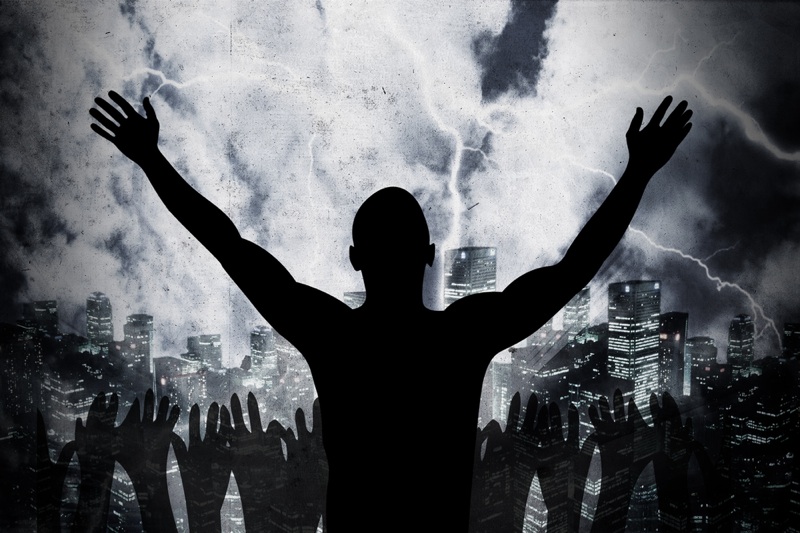
Wicca is recognized by the U.S. government as an official religion, with the observation of Wiccan holidays varying from state to state.
For example, the New Jersey Department of Education recognizes eight Wiccan holidays (including Mabon, which marks the beginning of autumn and is celebrated Sept. 23) and excuses Wiccan children from attending school on those days.
Wiccans worship the devil
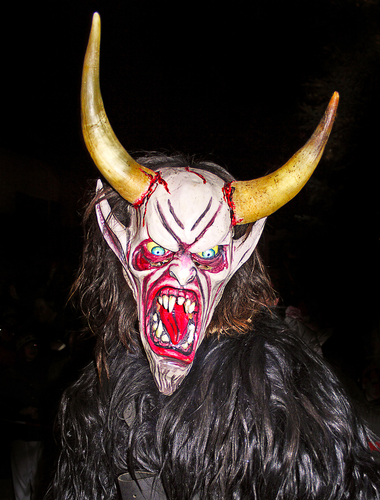
Often confused with Satanists, followers of Wicca do not believe in the devil. The concepts of the devil and hell are part of Christian theology and have never existed in the Wiccan religion, according to "Wiccan Beliefs and Practices" (Llewellyn Worldwide, 2001).
Wiccans also do not believe in one almighty God, but in many gods and goddesses, according to "Essential Wicca" (The Crossing Press, 2001). This places Wicca in the same category as Buddhism and Hinduism as a polytheistic religion.
Wiccans sacrifice animals
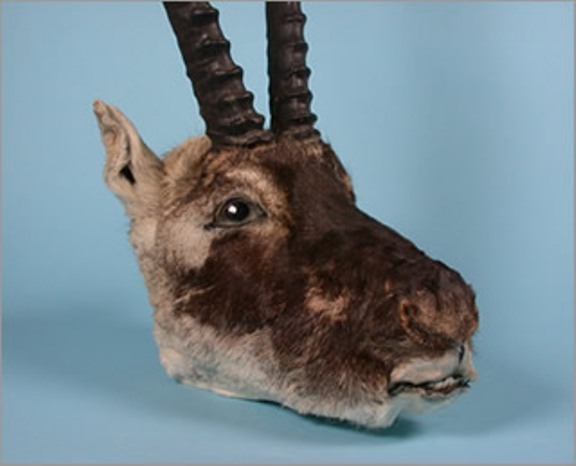
Since Wicca is a nature-based religion, followers are encouraged to respect all living things. Wiccans make sacrifices or offerings to their chosen deities, but these offerings are usually bread, fruit, wine or flowers, according to "A Wiccan Bible" (Career Press, 2003).
"Witches love animals. We never harm or kill them in our rites or spells. Blood sacrifice of any sort is against our law. That 'eye of newt and toe of frog' stuff is nonsense," according to "The Wicca Handbook" (Weiser, 2000).
Wiccans have a "dark Bible"
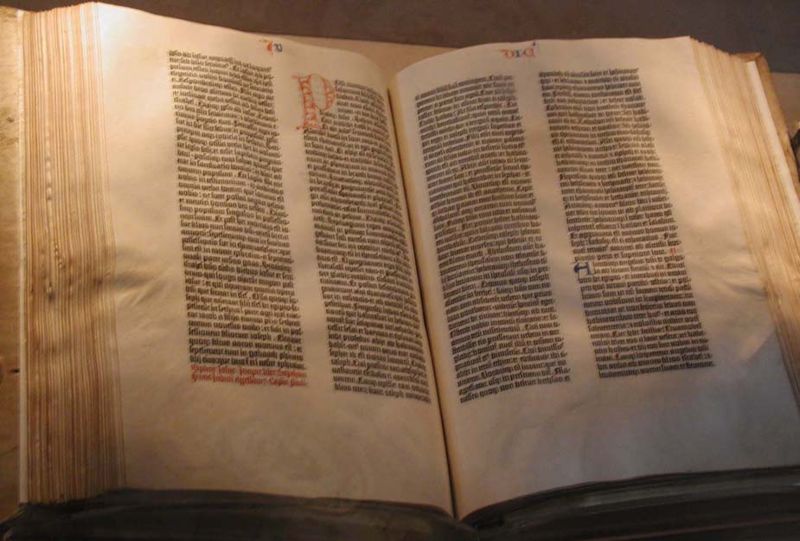
There is no bible that Wiccans follow. Wiccans may make a "Book of Shadows" for themselves, or may pass one down from a teacher of the faith to his or her student, but that BoS serves as a reference book, according to "Living Wicca" (Llewellyn Worldwide, 1993).
Also referred to as a grimoire, mirror book or magical diary, a BoS is a customized book in which a Wiccan records information he or she finds useful to practicing the faith. While not every Wiccan has a BoS, those that do fill theirs with myths, ceremonies, spells, religious ritual instructions, prayers, herbal lore or personal records of dreams, according to "Living Wicca."
Sign up for the Live Science daily newsletter now
Get the world’s most fascinating discoveries delivered straight to your inbox.









